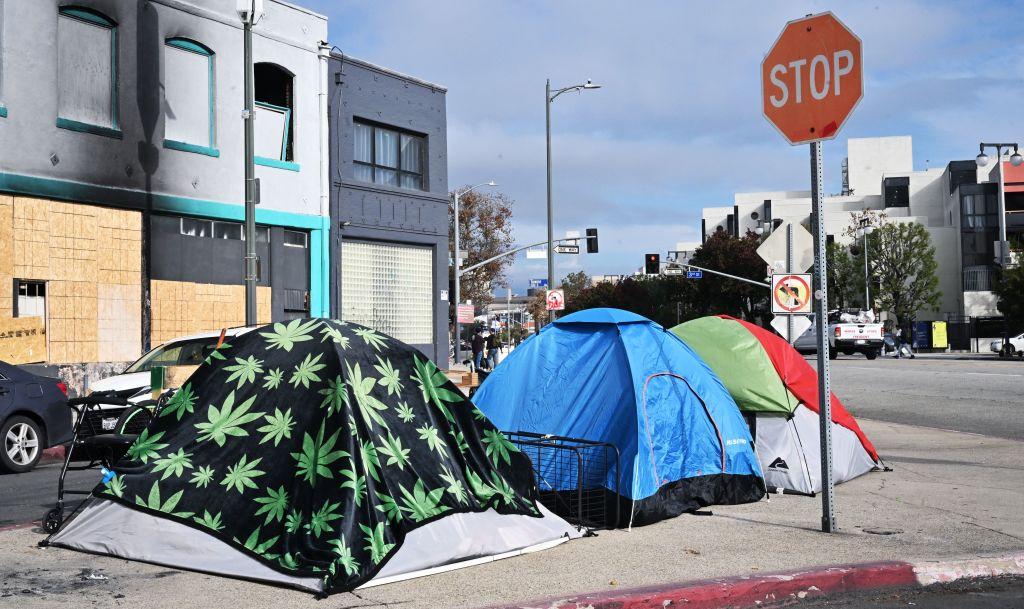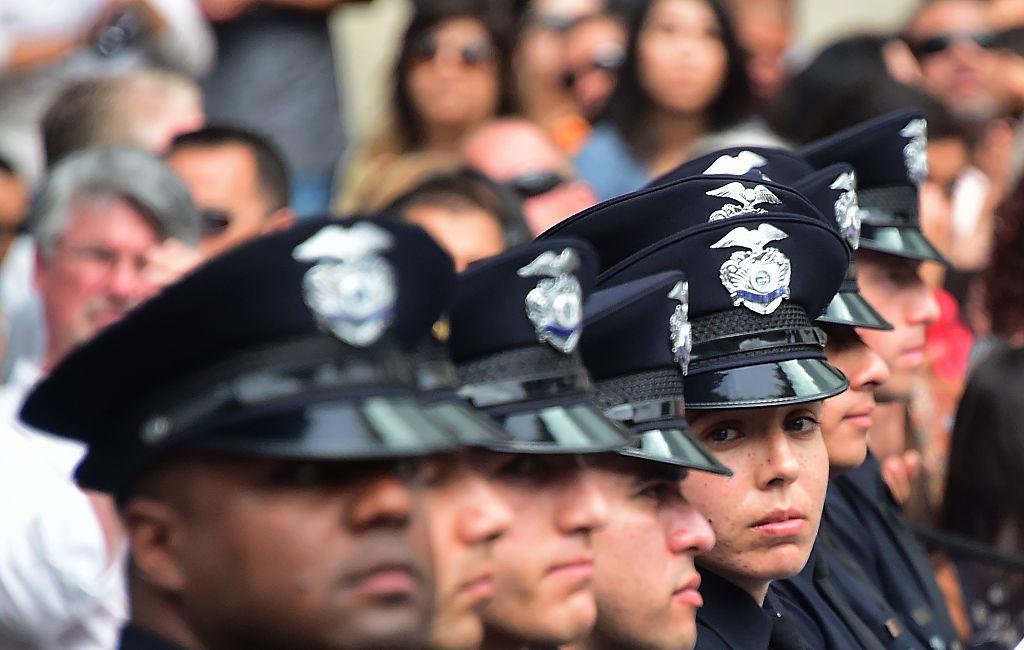Los Angeles Mayor Karen Bass launched the “Inside Safe” initiative on Dec. 21 to place homeless individuals in hotels and motels, after declaring a state of emergency on the city’s homelessness when she took office.
The program doesn’t include a plan to clear encampments through anti-camping ordinances or enforcement but, rather, will encourage people to move indoors and offer temporary housing through the master leasing of nearby motels.





